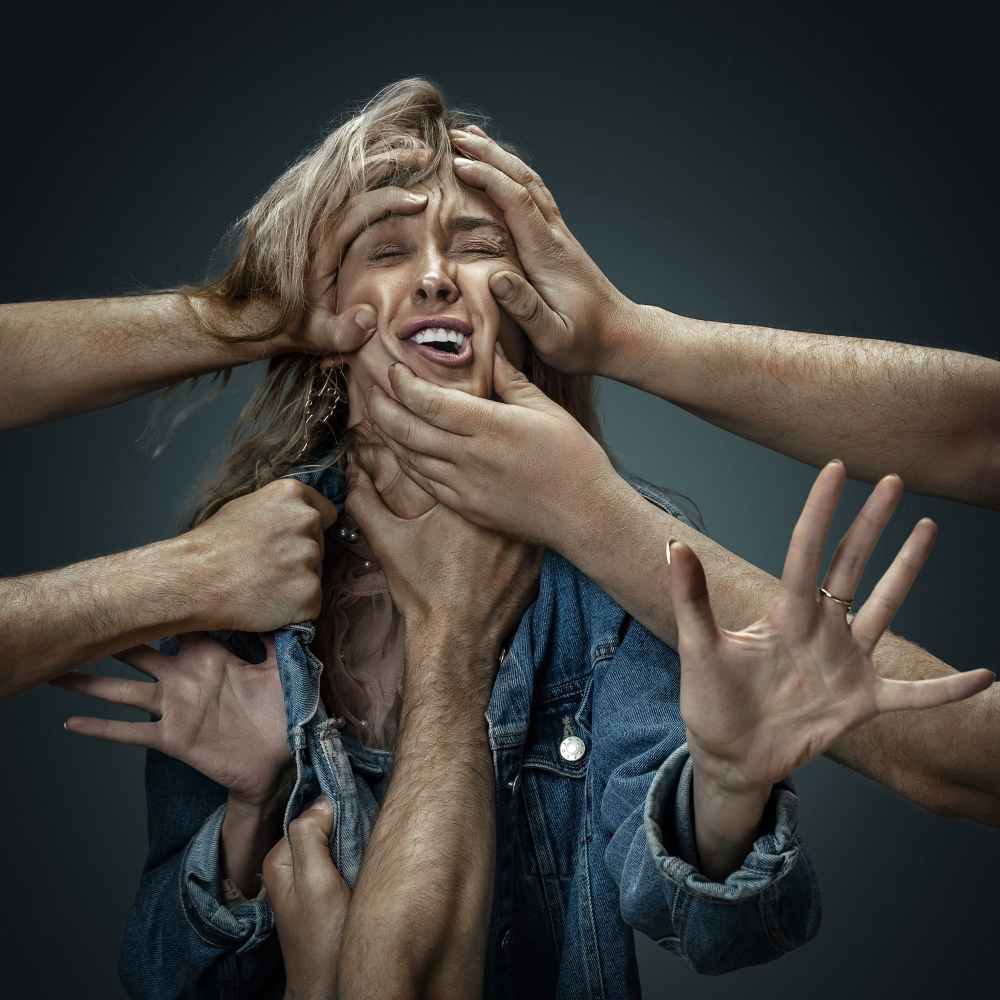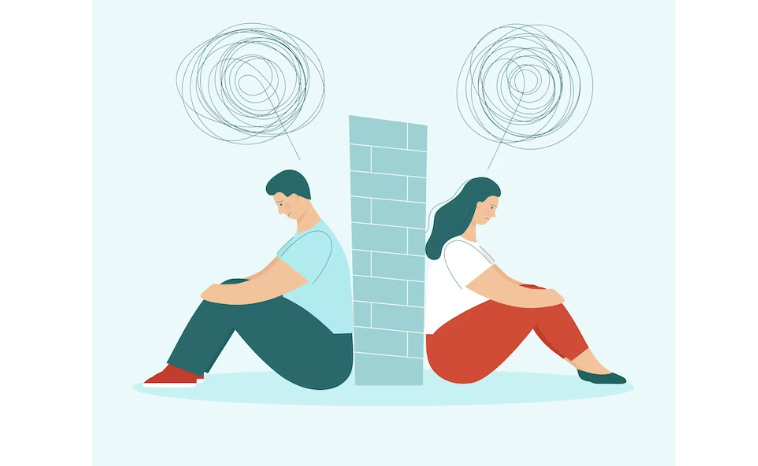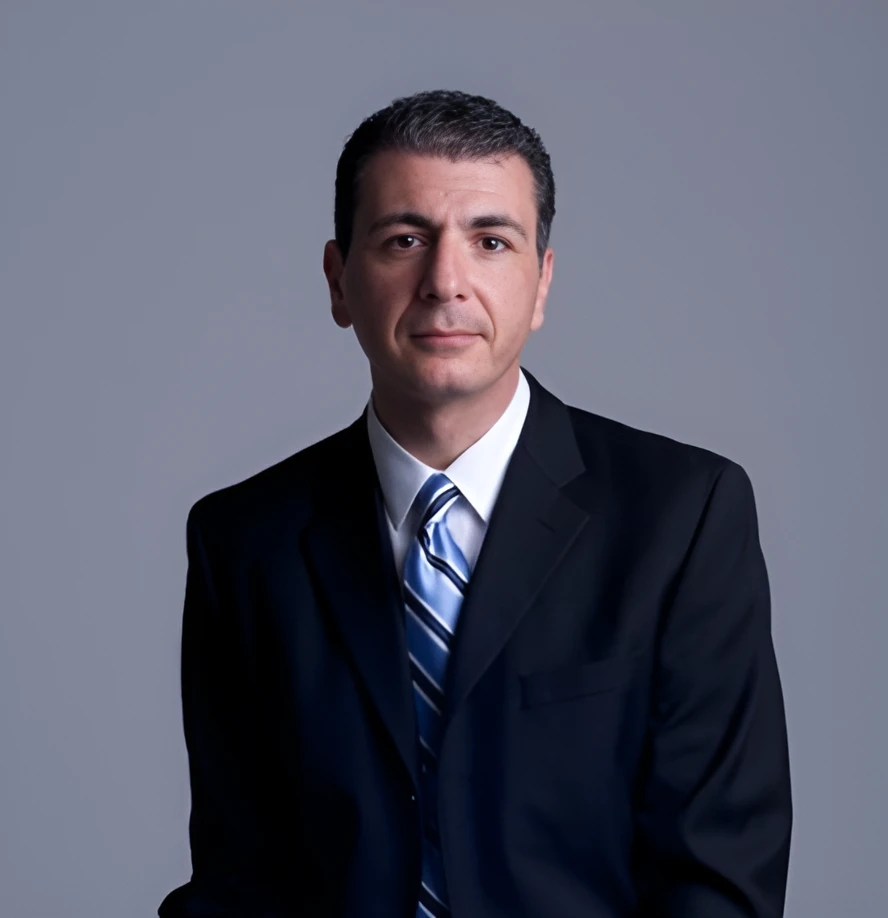Anxiety Disorders
Anxiety, which is a natural response to stress, can be helpful in certain conditions. It can warn us to threats, help us anticipate, and be on guard. Normal feelings of jitters and nervousness are different than anxiety disorders, as they suggest immense fear. Although anxiety disorders are the most prevalent of mental disorders, they impact nearly a third of adults at some stage of their existence. Anxiety is a feeling of being at risk, involves anticipation of a future worry, and results in tightness in muscles, as well as evasive behavior. Fear is generated by a specific stimulus and is more identified with a fight or flight response (remaining to fight or departing to escape a threat).
Types of Anxiety Disorders
Generalized Anxiety Disorder:
The incessant and extreme distress that intrudes with day-to-day activities is the main characteristic of generalized anxiety. This continuing concern and discomfort may result in bodily sensations, such as restlessness, feeling jitters or readily tired, inability to focus, tightness in muscles or difficulty sleeping. Generally, the concerns are directed on daily matters such as work obligations and household health, or secondary things such as auto care, appointments and chores.

Panic Disorder or Panic Attacks:
The main sign of panic disorder is repeated panic attacks, which consist of a profound mix of mentally and bodily distress. Panic attack symptoms include the following:
- Increased heart rate, palpitations
- Quivering or trembling
- Perspiring
- Shallow Breathing
- Numbness or tingling sensation in the extremities
- Tightness or pain in the chest
- Difficulty concentrating
- Choking sensation
- Abdominal distress and/or feeling nauseous
- Chills or hot flashes
- Intense dread of losing control
- Experiencing dizziness or feeling light-headed
- Feeling disconnected
- Fear of dying

Social Anxiety Disorder (previously called social phobia):
An individual with social anxiety disorder experiences an enormous level of anxiety and uneasiness in regards to being disgraced, shunned, embarrassed, rejected or ridiculed in public gatherings. Individuals who struggle with social anxiety disorder will either avert these settings or tolerate them with immense anxiety. Typical examples include being introduced to new people, dining in public, or being intensely afraid to speak in front of large crowds. This dread or anxiety interferes with daily routines and persists at least six months.

Separation Anxiety Disorder:
People who struggle with separation anxiety disorder are extremely afraid or anxious about being apart from the individuals with whom they are attached. The person’s reaction is not fitting for his/her age, continues (at minimum, four weeks in kids and six months in adults), and presents challenges in functioning.
An individual with separation anxiety disorder might obsess about the potential loss of the people closest to him or her, may be extremely hesitant or decline to be outside of the home without these people, or may struggle with nightmares regarding the partying. The beginning of physical signs generally surfaces in childhood; however, symptoms can reach into adulthood.

Treatment of Anxiety Disorders:
In order to properly treat anxiety, the clinician needs to rule out any organic causes for the disorder. The patient will be referred to be seen by a medical doctor and/or a psychiatrist who will assess for any medical/organic causes for the anxiety. The medical doctor may prescribe medications generally called selective serotonin reuptake inhibitors (SSRI).
The medications, in conjunction to therapy, will help the patient navigate through the challenges anxiety presents. At San Jose Counseling, Inc., our therapists are trained in cognitive and behavioral therapy (CBT), which is talk therapy, as well as other modalities such as Eye Movement Desensitization and Reprocessing (EMDR) and Internal Family Systems (IFS), which are more sensory approachs to treating anxiety. Don’t let anxiety have a hold on your life. If you would like to inquire more and get help with your anxiety, then please schedule a free consultation


